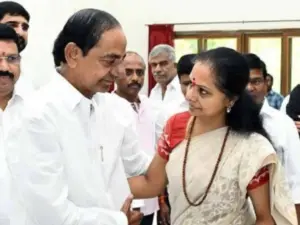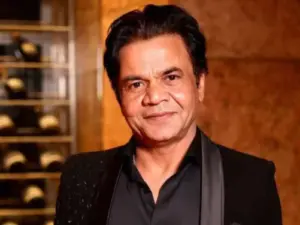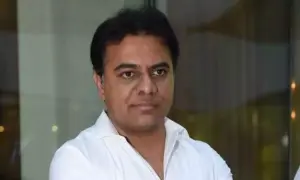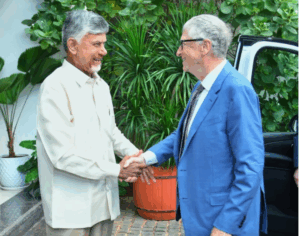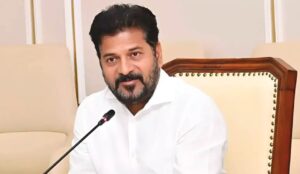
A significant debate has emerged among supporters of former President Donald Trump over the H-1B visa program, which allows U.S. companies to hire skilled foreign workers, especially in high-demand fields such as technology and engineering. Critics within the Trump camp argue that the program undermines American jobs, while its advocates contend that it is vital for attracting top global talent to the U.S.
In a surprising turn, President-elect Donald Trump has voiced support for the program, a shift from his previous criticisms. Tech billionaire Elon Musk has also defended the program, emphasizing that it brings in the “top 0.1% of engineering talent.” This controversy intensified with Trump’s appointment of Sriram Krishnan, an Indian-American venture capitalist, as Senior Policy Advisor for Artificial Intelligence at the White House Office of Science and Technology Policy. His appointment coincided with discussions on potentially removing the country cap on H-1B visas, which would particularly benefit skilled workers from India, a major source of H-1B visa holders.
However, the proposal has sparked backlash from figures like far-right political activist Laura Loomer, who strongly opposes Krishnan’s support for lifting the country-specific caps on green cards—a reform aimed at reducing the backlog for Indian applicants.
H-1B Visa Overview
Established in 1990, the H-1B visa program allows foreign workers to stay in the U.S. for up to six years in specialized roles, primarily in science, technology, engineering, and mathematics (STEM) fields. Each year, 85,000 new visas are allocated, with 20,000 reserved for foreign graduates from U.S. universities. Some institutions, such as universities and non-profit research organizations, are exempt from this cap, leading to additional visas. In fiscal year 2023, U.S. Citizenship and Immigration Services (USCIS) approved over 386,000 H-1B petitions, including new applications and extensions. This was a decline from the 474,000 approvals in 2022. The majority of H-1B visa holders work in computer-related fields, with major employers such as Amazon, Google, Meta, and Apple leading the way. In 2024, Amazon hired over 13,000 H-1B workers.
Indians Dominating the Program
Indian nationals are the primary recipients of H-1B visas, accounting for over 70% of approved petitions since 2015. In contrast, Chinese nationals make up about 12-13% of recipients. This disparity has sparked concerns among some MAGA Republicans, who argue that the overwhelming presence of skilled workers from India is akin to the concerns over low-skilled labor migration from Mexico and Central America.
Trump’s Support for Immigration Reform
Despite the controversy, Trump has reiterated his support for visas aimed at skilled workers, aligning himself with Musk in the ongoing debate. “I’ve always supported visas. That’s why we have them,” Trump remarked, referencing the H-1B program. However, his MAGA base continues to push for stricter immigration controls, urging him to focus on prioritizing American workers.
Elon Musk’s Strong Defense of H-1B Visas
Elon Musk has been particularly vocal in defending the H-1B program, claiming that America’s tech industry is dependent on foreign engineering talent. “If you want your team to win the championship, you need to recruit top talent wherever they may be,” Musk stated, noting a “permanent shortage of excellent engineering talent” in Silicon Valley. Musk’s support for the H-1B program has drawn criticism from figures like Laura Loomer and Ann Coulter, who believe the program has been exploited and advocate for major reductions.
In this ongoing debate, the future of the H-1B visa program and its impact on American jobs, the tech industry, and global talent recruitment remains a highly contentious issue.
Recent Random Post:


